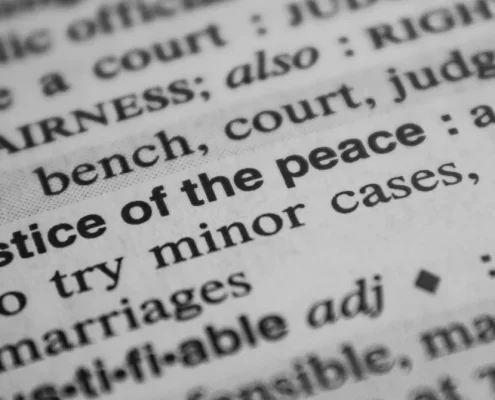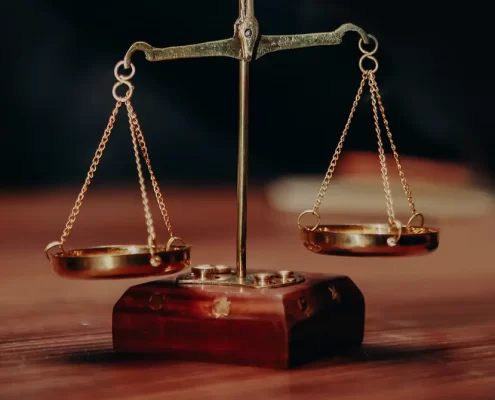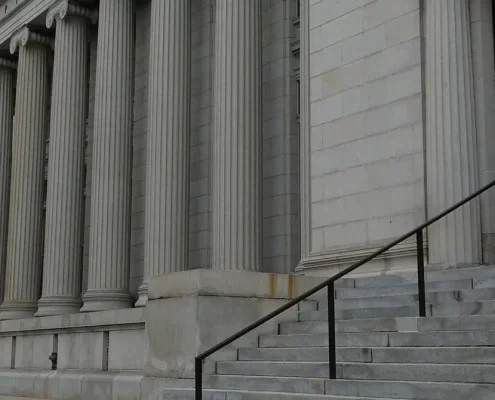
What to do when a Process Server Serves You with a Lawsuit
Civil Law, LawsuitWhat happens if a process server shows up at your house? In Pennsylvania, this is usually a sheriff. Sometimes, if you’re in federal court, it can be a private party who shows up and serves you with some paperwork. To watch a brief video by…

What do you do with a Notice to Defend?
Civil Law, LawsuitWhen you have been served with a lawsuit in Pennsylvania, one thing that you commonly see on the front page is something that is called a “Notice to Defend.” A Notice to Defend is a one or two page document directed toward the defendant…

Puppy Lemon Law in Pennsylvania
Civil Law, Dog LawYou may already be familiar with Pennsylvania’s Lemon Law for cars, but did you know there are protections for dog owners? Sometimes known as Puppy Lemon Law, the Unfair Trade Practices and Consumer Protection Law includes a provision for…

Updated Dog Law in Pennsylvania
Civil Law, Dog LawOn October 23, 2023, Gov. Josh Shapiro signed into law Senate Bill 746, which increases penalties for dog owners with dogs that have attacked people or other animals. The stated purpose of this bill is to:
improve public safety,
improve…

Common Legal Terms
Civil LawAlmost every field comes with its own set of jargon that really only makes sense to the people in that field. The law is certainly no exception. We’d like to demystify some of that jargon. Below is a list of 50 common legal terms you might…

Foreclosure and Rent-to-Own Agreements
Civil Law, Landlord/Tenant, Property, Real EstateRent-to-Own Agreements have become more popular in Pennsylvania in the last several years as an alternative method of financing for buyers who are unable to get traditional mortgages. Sellers sometimes offer these agreements as a way to obtain…

Six Dos and Don'ts when Getting Sued
Civil Law, Lawsuit, LitigationKnock, knock! The Sheriff shows up at your door and hands you papers. “You’re being sued,” he quietly explains, and perhaps asks you to sign something noting you were served. As you close the door behind you, a number of thoughts may drift…

Dangerous Dogs in Pennsylvania
Civil Law, Dog Law, Personal InjuryPennsylvania’s Dangerous Dogs Statute aims to take the bite out of potentially dangerous encounters with canines. A common misconception about dogs is that only certain breeds of dogs pose a threat of serious bodily injury, or that a dog must…

My Case is Easy: Do I need a Lawyer?
Civil LawShouldn’t law just be common sense? We hear this question all the time. If your case is easy and straightforward, do you still need a lawyer? The answer is yes. If you are going to court, you should have a lawyer by your side. But what if…

What is the penalty for filing a false PFA in Pennsylvania?
Civil Law, Custody, Divorce, Family LawWhen someone lies in a Protection from Abuse petition, an incredible amount of consequences follow for everyone involved. The person who is named as the defendant in a PFA temporarily loses access to their guns and is often evicted from their…
